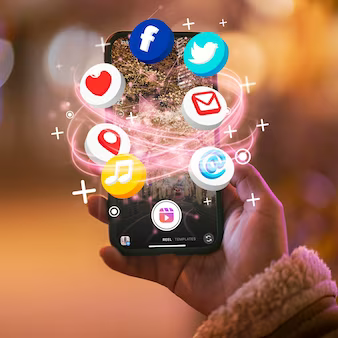Social media marketing is a multifaceted approach that involves setting clear objectives, understanding your audience, and creating compelling content that resonates with them. Consistency in branding and messaging is key to building trust and credibility with your audience across various social media platforms. Actively engaging with your audience by responding to comments, messages, and mentions helps foster meaningful connections and build a loyal community around your brand. Additionally, leveraging paid advertising options allows you to reach a wider audience and target specific demographics with tailored messaging.
Social media marketing is a powerful strategy for businesses to reach and engage with their target audience on various social media platforms. It involves creating and sharing content, interacting with followers, and running targeted advertising campaigns to achieve specific marketing goals.
By regularly monitoring and analyzing key performance metrics, businesses can gain valuable insights into the effectiveness of their social media efforts and make data-driven decisions to optimize future campaigns. Ultimately, social media marketing serves as a dynamic tool for businesses to connect with their audience, drive engagement, and achieve their marketing goals in an ever-evolving digital landscape.
